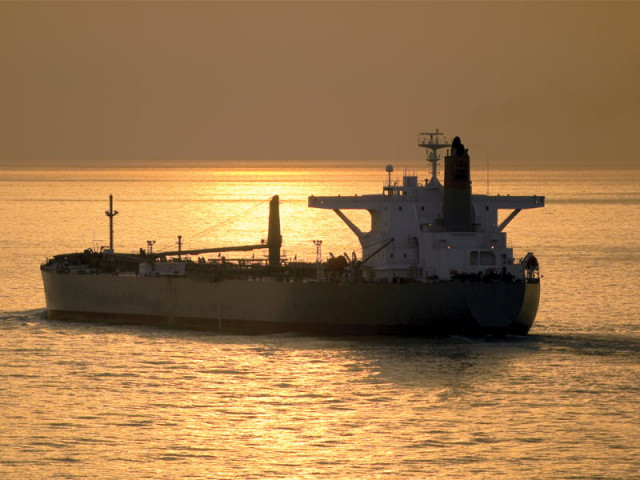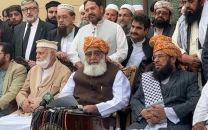‘Brotherly’ countries turn down Pakistan’s request
Islamabad had asked Riyadh, Kuwait to extend their credit terms for oil payments.

All rhetoric of brotherhood notwithstanding, two ‘friendly’ Arab countries have refused to supply oil to Pakistan on long-term credit.
Plagued by circular debt, and faced with high international oil prices, Pakistan had requested Kuwait and Saudi Arabia to extend their credit term for oil payments.
During his two-day visit in August last year, Prime Minister Yousaf Raza Gilani had requested Saudi King Abdullah bin Abdulaziz to either restore ‘free oil facility’ or extend the credit term for oil payment from the existing 30 days to one-year.
Saudi Arabia had granted Pakistan a ‘free oil facility’ in 1998, in the aftermath of the nuclear tests and subsequent economic sanctions from the United States and Europe.
“Saudi Arabia has turned down Pakistan’s request on grounds that since it exports oil to other countries, they may demand similar treatment,” said sources, quoting Saudi officials.
Saudi authorities also said that oil export is a commercial business for them and they would offer Pakistan the same terms that are offered to other countries, sources added.
Pakistan had also requested Kuwait to extend its credit terms for oil payments to six months, from the current two-month deferral period.
A formal request in this regard was made during President Asif Ali Zardari’s visit to Kuwait on May 7, 2011. At that time, Kuwait said it would discuss the matter with concerned authorities and let Pakistan know later.
Kuwait is the only country that supplies oil to Pakistan on a two-month deferred payment plan, an arrangement secured during the 2008 financial crisis. Other Middle Eastern countries, including Saudi Arabia, export oil on 30-day credit term.
When contacted, however, Petroleum Minister Dr Asim Hussain said he had no knowledge of such requests.
Earlier, Iran had been supplying 45,000 barrels of crude oil to Pakistan on a three-month deferred payment plan until January 2011. UN-imposed sanctions, however, brought a halt to these due to difficulties in opening Letter of Credits from global banks for oil imports from Iran.
Since then, Iranian oil is largely smuggled to Pakistan. Officials say people of Baluchistan meet most of their requirements with smuggled oil.
Cash crunch at PSO
With almost Rs200 billion due to pay local and international fuel suppliers as of January 6, 2012, the largest public sector oil marketing company, Pakistan State Oil (PSO), is in dire straits.
Of that amount, PSO owes almost Rs114 billion to international fuel suppliers, including Kuwait Petroleum Corporation (KPC). “PSO is facing an emergency-like situation and has no money to pay for oil supplies,” sources said.
“The situation has been aggravated due to nonpayment of dues by power sector and some other clients; PSO’s receivables have piled up to Rs185.2 billion,” sources added.
The company is mainly dependent on oil imports since oil refineries in the country are operating at 70% capacity due to circular debt, sources added.
Published in The Express Tribune, January 9th, 2012.



















COMMENTS
Comments are moderated and generally will be posted if they are on-topic and not abusive.
For more information, please see our Comments FAQ